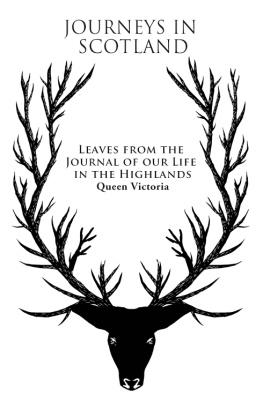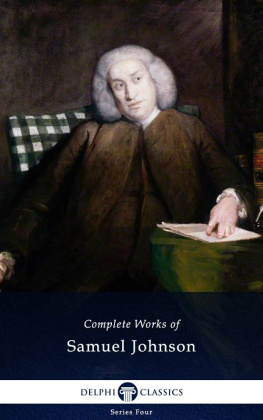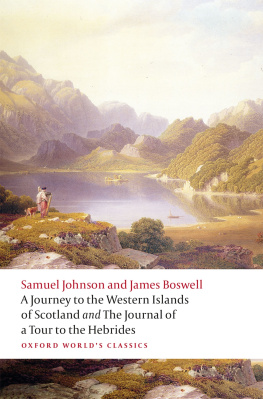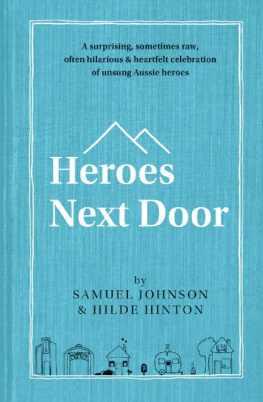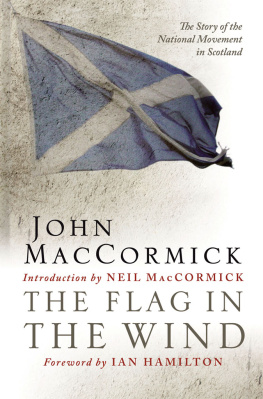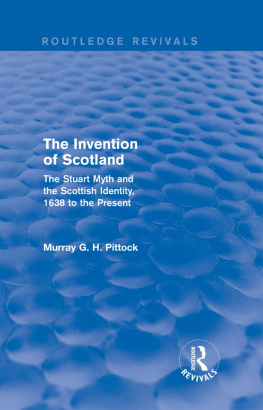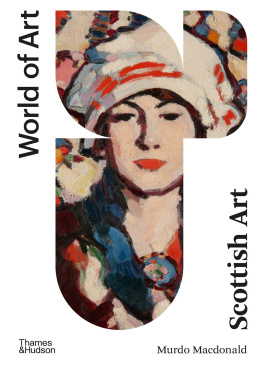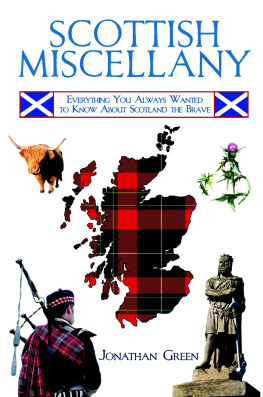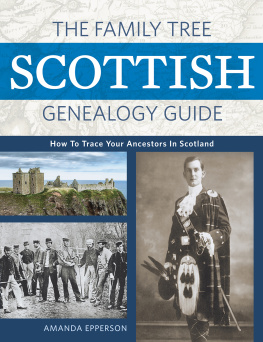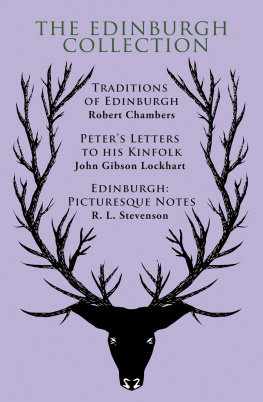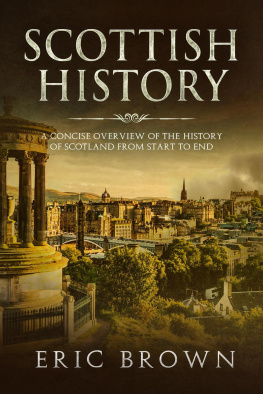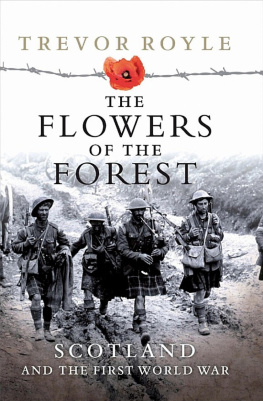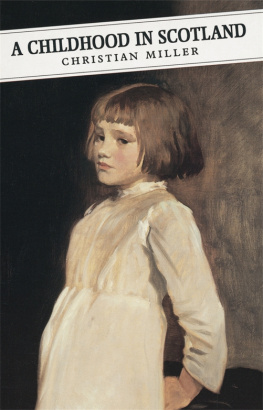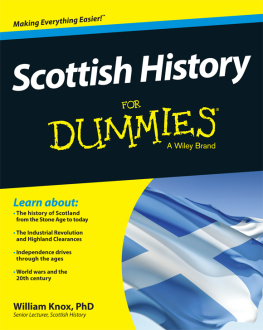Contents
Contents

Contents
We found in the course of our journey the convenience of having disencumbered ourselves, by laying aside whatever we could spare; for it is not to be imagined without experience, how in climbing crags, and treading bogs, and winding through narrow and obstructed passages, a little bulk will hinder, and a little weight will burthen; or how often a man that has pleased himself at home with his own resolution, will, in the hour of darkness and fatigue, be content to leave behind him every thing but himself.
Samuel Johnson (17091784) is best known as the author of the first English dictionary, but he excelled in several areas including poetry, essays and biographies. A Journey to the Western Isles of Scotland is the record of a trip taken with his friend, James Boswell, in 1773. Boswell also recorded this trip in A Journal of a Tour to the Hebrides.
A t an hour somewhat late we came to St Andrews, a city once archiepiscopal; where that university still subsists in which philosophy was formerly taught by Buchanan, whose name has as fair a claim to immortality as can be conferred by modern latinity, and perhaps a fairer than the instability of vernacular languages admits.
We found, that by the interposition of some invisible friend, lodgings had been provided for us at the house of one of the professors, whose easy civility quickly made us forget that we were strangers; and in the whole time of our stay we were gratified by every mode of kindness, and entertained with all the elegance of lettered hospitality.
In the morning we rose to perambulate a city, which only history shews to have once flourished, and surveyed the ruins of ancient magnificence, of which even the ruins cannot long be visible, unless some care be taken to preserve them; and where is the pleasure of preserving such mournful memorials? They have been till very lately so much neglected, that every man carried away the stones who fancied that he wanted them.
The cathedral, of which the foundations may be still traced, and a small part of the wall is standing, appears to have been a spacious and majestick building, not unsuitable to the primacy of the kingdom. Of the architecture, the poor remains can hardly exhibit, even to an artist, a sufficient specimen. It was demolished, as is well known, in the tumult and violence of Knoxs reformation.
Not far from the cathedral, on the margin of the water, stands a fragment of the castle, in which the archbishop anciently resided. It was never very large, and was built with more attention to security than pleasure. Cardinal Beatoun is said to have had workmen employed in improving its fortifications at the time when he was murdered by the ruffians of reformation, in the manner of which Knox has given what he himself calls a merry narrative.
The change of religion in Scotland, eager and vehement as it was, raised an epidemical enthusiasm, compounded of sullen scrupulousness and warlike ferocity, which, in a people whom idleness resigned to their own thoughts, and who, conversing only with each other, suffered no dilution of their zeal from the gradual influx of new opinions, was long transmitted in its full strength from the old to the young, but by trade and intercourse with England, is now visibly abating, and giving way too fast to their laxity of practice and indifference of opinion, in which men, not sufficiently instructed to find the middle point, too easily shelter themselves from rigour and constraint.
The city of St Andrews, when it had lost its archiepiscopal preeminence, gradually decayed: one of its streets is now lost; and in those that remain, there is the silence and solitude of inactive indigence and gloomy depopulation.
The university, within a few years, consisted of three colleges, but is now reduced to two; the college of St Leonard being lately dissolved by the sale of its buildings and the appropriation of its revenues to the professors of the two others. The chapel of the alienated college is yet standing, a fabrick not inelegant of external structure; but I was always, by some civil excuse, hindred from entering it. A recent attempt, as I was since told, has been made to convert it into a kind of green-house, by planting its area with shrubs. This new method of gardening is unsuccessful; the plants do not hitherto prosper. To what use it will next be put I have no pleasure in conjecturing. It is something that its present state is at least not ostentatiously displayed. Where there is yet shame, there may in time be virtue.
The dissolution of St Leonards college was doubtless necessary; but of that necessity there is reason to complain. It is surely not without just reproach, that a nation, of which the commerce is hourly extending, and the wealth encreasing, denies any participation of its prosperity to its literary societies; and while its merchants or its nobles are raising palaces, suffers its universities to moulder into dust.
Of the two colleges yet standing, one is by the institution of its founder appropriated to Divinity. It is said to be capable of containing fifty students; but more than one must occupy a chamber. The library, which is of late erection, is not very spacious, but elegant and luminous.
The doctor, by whom it was shewn, hoped to irritate or subdue my English vanity by telling me, that we had no such repository of books in England.
Saint Andrews seems to be a place eminently adapted to study and education, being situated in a populous, yet a cheap country, and exposing the minds and manners of young men neither to the levity and dissoluteness of a capital city, nor to the gross luxury of a town of commerce, places naturally unpropitious to learning; in one the desire of knowledge easily gives way to the love of pleasure, and in the other, is in danger of yielding to the love of money.
The students however are represented as at this time not exceeding a hundred. Perhaps it may be some obstruction to their increase that there is no episcopal chapel in the place. I saw no reason for imputing their paucity to the present professors; nor can the expence of an academical education be very reasonably objected. A student of the highest class may keep his annual session, or as the English call it, his term, which lasts seven months, for about fifteen pounds, and one of lower rank for less than ten; in which board, lodging, and instruction are all included.
The chief magistrate resident in the university, answering to our vice-chancellor, and to the rector magnificus on the continent, had commonly the title of Lord Rector; but being addressed only as Mr Rector in an inauguratory speech by the present chancellor, he has fallen from his former dignity of style. Lordship was very liberally annexed by our ancestors to any station or character of dignity: They said, the Lord General, and Lord Ambassador; so we still say my Lord to the judge upon the circuit, and yet retain in our Liturgy the Lords of the Council.
In walking among the ruins of religious buildings, we came to two vaults over which had formerly stood the house of the sub-prior. One of the vaults was inhabited by an old woman, who claimed the right of abode there, as the widow of a man whose ancestors had possessed the same gloomy mansion for no less than four generations. The right, however it began, was considered as established by legal prescription, and the old woman lives undisturbed. She thinks however that she has a claim to something more than sufferance; for as her husbands name was Bruce, she is allied to royalty, and told Mr Boswell that when there were persons of quality in the place, she was distinguished by some notice; that indeed she is now neglected, but she spins a thread, has the company of her cat, and is troublesome to nobody.

